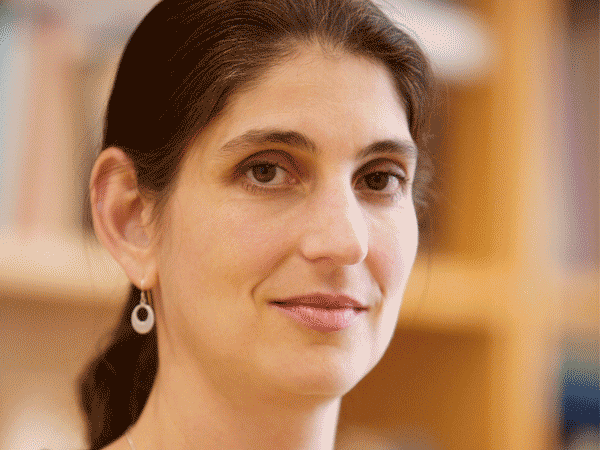Bell Fellow Hayami Koga, along with Harvard Pop Center faculty members David Williams and Laura Kubzansky and their colleagues, have published a study in JAMA Psychiatry on the association between optimism and physical functioning among older women finding higher levels of optimism to be linked with better performance at baseline (grip strength and standing mobility) and slower rates of decline in several measures over a six-year period. Read about their…
Antiretroviral therapy (and resulting increased viral suppression) linked to longer AND healthier lives for older adults in South Africa
Researchers affiliated with the HAALSI study, including former Harvard Bell Fellows Collin Payne, PhD, and Lindsay Kobayashi, PhD, and faculty member Jennifer Manne-Goehler, PhD, are among the authors of a study published in The Lancet HIV that links increased viral suppression at the population level with not only increased life expectancy, but also with less disability, pointing to the value of ART to foster healthy aging. Learn more in this…
A cross-national look at the health impacts of perceived healthcare discrimination in the rapidly aging populations of the U.S. and Brazil
As populations continue to grow and live longer, their reliance on healthcare systems to help them prevent and treat the illnesses and disabilities associated with aging will also continue to grow. In order to support healthy aging within a society, it is imperative that barriers to healthcare access are minimized. Perceived healthcare discrimination is one such barrier that is worthy of deeper exploration, and now recent Harvard Bell Fellows Angela…
Retiring at a later age may require a boost in healthy life expectancy
Working longer and later in the lifespan is more possible if it is paired with the “compression of morbidity” — a delayed onset of disability or illness. Center Director Lisa Berkman and her colleague John Rowe have published an article in Nature Aging in which they review recent findings that suggest that while life expectancy may be increasing, the period of life in which functional impairments and disabilities are experienced…
Continue reading “Retiring at a later age may require a boost in healthy life expectancy”
If this is to be the “Decade of Healthy Ageing,” treatments and support for Alzheimer’s disease and related dementias (ADRDs) need to scale up now
The United Nations has declared that we are now in the “UN Decade of Healthy Ageing” (2021-2030) as a way to address the challenges that accompany increasing global life expectancy. Two researchers affiliated with the Harvard Pop Center (David Bloom and Benjamin Seligman) are among the authors of this piece published on voxeu.org that cites the rapidly developed COVID-19 vaccine as proof that complex health crises can be successfully tackled.…
Study finds those most optimistic are 24% more likely to maintain good cognitive and physical health as they age
Laura Kubzansky is an author on a paper that explores optimism in relation to likelihood of healthy aging, considering whether effects are evident over and above effects of health-related behaviors and depression. Findings suggest that optimism should be explored further as a potentially modifiable health asset.
Speed of heart rate recovery may help to predict mortality risk
Harvard Pop Center Director Lisa Berkman, PhD, and visiting scientist Cathal McCrory, PhD, are authors on a paper published in Circulation Research that finds that those among a group of age 50 and older participants who had the slowest heart rate recovery were more than twice as likely to die over the following four years than those who recovered the fastest.
Many living longer with more time free from disability, thanks to advancements in cardiovascular & vision health
Harvard Pop Center faculty member David Cutler, PhD, is an author on an NBER working paper that reports that we are not only living longer, but are spending more time free from disability. The findings of the study are covered in this Harvard Gazette piece, and on MedicalXpress.
Are those Americans living longer also living healthier?
It is commonly thought that those who live the longest typically experience a condensed period of illness (compression of morbidity) as opposed to many years of chronic illness. However, a recent study published in Journal of Epidemiology & Community Health by former Harvard Pop Center Bell Fellow Hiram Beltrán-Sánchez, PhD, and faculty member SV Subramanian, PhD, suggests that older adults in the U.S. are experiencing a greater disease burden in…
Continue reading “Are those Americans living longer also living healthier?”
Novel use of genetic variants may shed light on link between education level & dementia in older age
A study published in the journal Annals of Epidemiology by Harvard Pop Center affiliated researchers including Ichiro Kawachi, Sze Yan Liu, and Maria Glymour introduces the use of genetic variants as instruments to help identify the causal effect of educational attainment on dementia risk. The study, based on instrumental variable (IV) analyses, suggests education is protective against risk of dementia in older adulthood.




